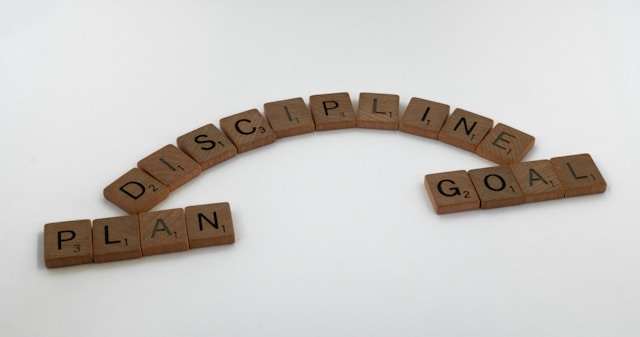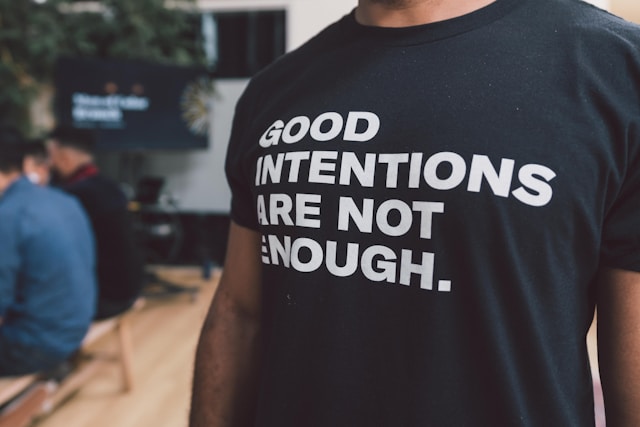Only you can determine your true value. Exploring the difference you make with others and the world around you is a good place to start.
—Calm App Reflection
Only you can determine your true value.
It’s not about external approval. It’s about the impact you make in the lives of others and the world around you.
Reflect on how your actions, kindness, and support uplift people. Consider the positive differences you bring — whether it’s through small daily gestures, sharing knowledge, or inspiring others.
Your worth grows from meaningful connections and contributions, not just achievements and possessions.
When doubts arise, look to the ways you have helped and encouraged others. Those traces are the real measure of your value.
Embracing this mindset empowers you to recognize that your true worth comes from the unique difference you make every day.
EXERCISE:
The book “The Gift of Imperfection” by Brene Brown is a wonderful resource to help people embrace vulnerability to build greater authenticity and self-worth. Please give it a read and consider discussing its powerful ideas with others in your communities.














